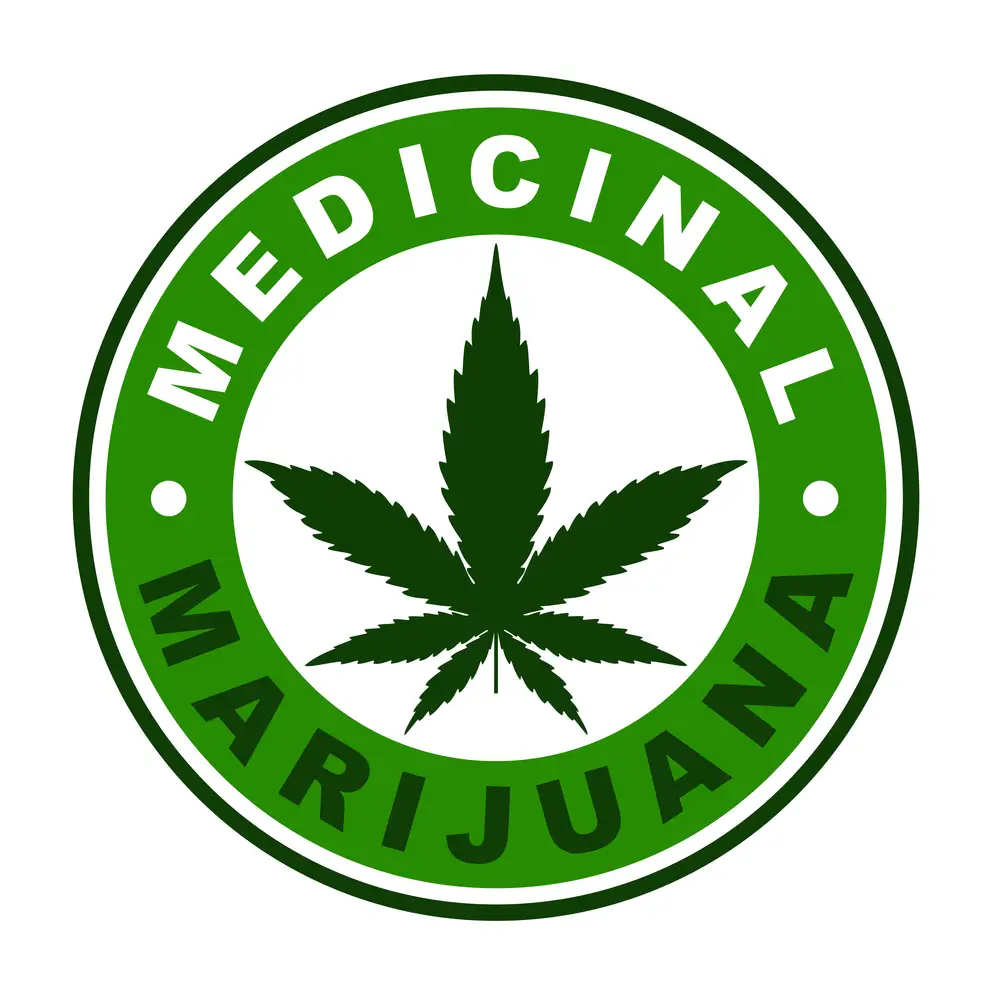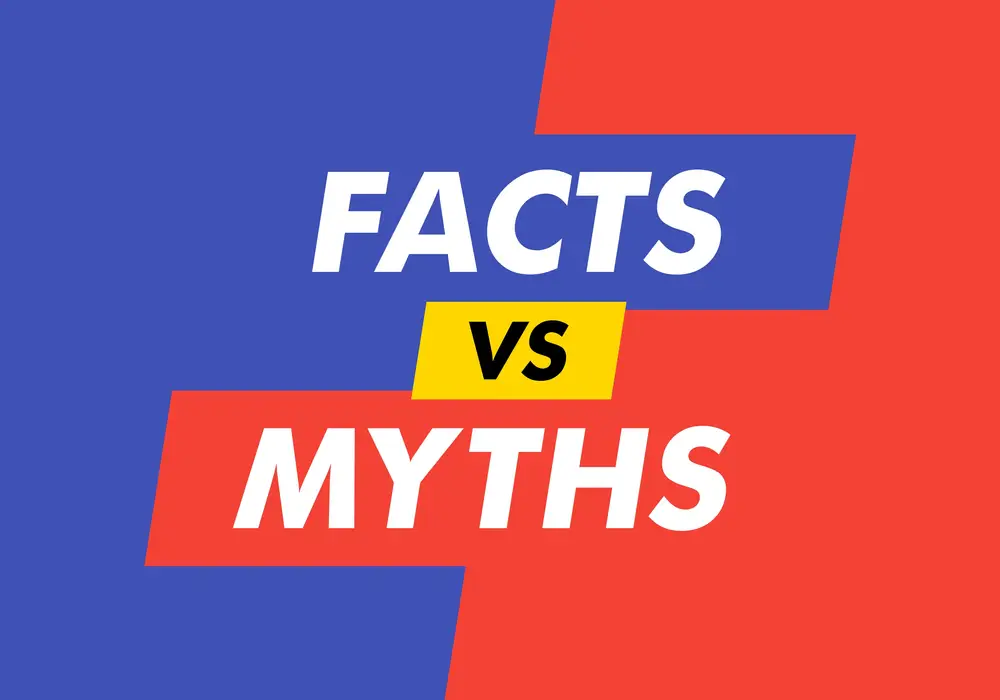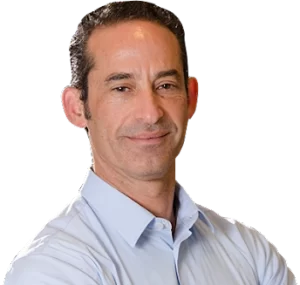Over 5.5 million people have medical cards in the United States. A medical card allows patients to legally purchase, possess, and consume marijuana or cannabis in their state of residence. Since marijuana has grown in popularity and there is still a stigma attached, it is the responsibility of the medical community and our government regulators like the FDA to make the public aware of the truth behind this controversial topic so that people can make their own choice. With all the myths and misconceptions surrounding the use of medical marijuana, we will debunk some of the most common myths and provide accurate information to help you make informed decisions.
Myth #1: Medical marijuana is just an excuse to get high
One of the biggest myths surrounding medical marijuana is that it’s just an excuse to get high. While it’s true that marijuana contains THC, the chemical that produces a “high,” medical marijuana is specifically cultivated and processed to have low levels of THC and higher levels of other cannabinoids, such as CBD. These two cannabinoids have a range of medicinal benefits, including pain relief, reducing inflammation, and treating epilepsy.
Myth #2: Medical marijuana is not addictive addictive
Another common myth is that medical marijuana is not addictive. Marijuana can be habit-forming, and when someone is unable to stop using marijuana, it is called marijuana or cannabis use disorder. It is also important to note that addiction is a complex disease influenced by genetics, environment, and mental health. Studies have shown that the addiction potential of marijuana is lower than that of alcohol or tobacco and not lethal like that of opioids (vicodin, oxycontin) or benzodiazepines (diazepam (Valium), alprazolam (Xanax), and clonazepam (Klonopin). It is important to be aware that, according to some research, 10% of the people who use cannabis have a likelihood of becoming addicted.
Myth #3: Medical marijuana is a gateway drug
Many opponents of medical marijuana argue that it’s a gateway drug that leads to the use of harder drugs. There isn’t enough evidence to support this claim. Studies have shown that most people who consume marijuana don’t graduate with harder drugs. Instead, the gateway drugs are alcohol or tobacco products. Teens and young adults usually use them before trying marijuana or other harder drugs.
Myth #4: Medical marijuana is dangerous
Some opponents of medical marijuana argue that it’s dangerous and can lead to adverse health effects. While it’s true that smoking marijuana can negatively affect lung health, there are many other ways to consume medical marijuana, such as through edibles, tinctures, and topicals. Additionally, the potential adverse effects of medical marijuana are generally mild and manageable, especially when compared to the harmful effects of many prescription drugs.
Myth #5: Medical marijuana is only for people with terminal illnesses
Another common myth is that medical marijuana is only for people with terminal illnesses like cancer. However, medical marijuana treats many conditions, including chronic pain, anxiety, PTSD, and epilepsy.
Myth #6: Medical marijuana is not regulated.
Many opponents of medical marijuana argue that it’s not regulated and, therefore, unsafe. Marijuana is state regulated in the 39 states where it’s legal. Patients must obtain a prescription from a licensed medical provider, sometimes called a marijuana or cannabis doctor, to access it. Additionally, medical marijuana products are subject to rigorous testing and proper labeling requirements to ensure their safety and potency. When marijuana manufacturers “play by the rules” and follow protocol, it provides public safety.
Myth #7: Medical marijuana is a cure-all
Finally, it’s important to understand that medical marijuana is not a cure-all. While it can effectively treat a range of conditions, it’s not a magic bullet that will solve all of your health problems. Like any other medication, medical marijuana should be used under the guidance of a licensed physician and in conjunction with other treatments as necessary.
Here are 20 facts most people don't know about medical marijuana
- Ancient medicine: Medical marijuana has been used for thousands of years. Ancient civilizations, including the Chinese, Egyptians, and Greeks, utilized cannabis for various medical purposes.
- Multiple strains: There are over 700 different strains of marijuana, each with unique chemical compositions and effects.
- Non-psychoactive compounds: Not all compounds in marijuana are psychoactive. CBD, for example, is known for its therapeutic benefits without causing a “high.”
- Endocannabinoid system (ECS): Every animal, including humans, has an endocannabinoid system that helps regulate various functions, such as mood, appetite, and pain. Marijuana interacts with this system, producing its effects.
- Alternative consumption methods: Medical marijuana can be consumed through various methods, including smoking, vaporizing, edibles, tinctures, and topical creams.
- Synthetic cannabinoids: Some pharmaceutical companies have developed FDA-approved synthetic cannabinoids, such as Marinol and Cesamet, which mimic the effects of natural marijuana. There are also synthetic cannabinoids made by illicit drug manufacturers, like “spice,” that can be pretty deadly.

- Multiple sclerosis (MS): Medical marijuana has shown promise in alleviating symptoms of multiple sclerosis, such as muscle spasms, pain, and inflammation.
- Epilepsy treatment: CBD, a non-psychoactive compound in marijuana, has been proven to be effective in combatting and reducing seizure frequency in some forms of epilepsy, including Dravet syndrome and Lennox-Gastaut syndrome. Epidilox, made from purified CBD derived from hemp, got approved by the FDA for the treatment of seizures associated with Lennox-Gastaut syndrome or Dravet syndrome in children at least one-year-old or older.
- Glaucoma relief: Marijuana can help reduce intraocular pressure, providing comfort for glaucoma patients.
- Nausea and vomiting: Medical marijuana is effective in treating chemotherapy-induced nausea and vomiting in cancer patients.
- Chronic pain: Many patients use medical marijuana to manage chronic pain, as it can be an alternative to opioid painkillers.
- Appetite stimulation: Marijuana is known to stimulate appetite, which can be helpful for patients with conditions such as HIV/AIDS or cancer.
- Mental health: Medical marijuana has been used to treat mental health conditions such as anxiety, depression, and PTSD, though more research is needed to understand its efficacy.
- Neuroprotective properties: Some studies suggest that marijuana has neuroprotective properties, potentially helping prevent neurodegenerative diseases like Alzheimer’s and Parkinson’s.
- Addiction treatment: Some evidence suggests that marijuana could be used to treat addiction to opioids, alcohol, and other substances.
- Anti-inflammatory: Marijuana has anti-inflammatory properties, which can be beneficial for conditions like arthritis and Crohn’s disease.
- Sleep aid: Many patients report improved sleep quality when using medical marijuana, especially people suffering from insomnia or sleep disorders.
- Autism spectrum disorder (ASD): Some preliminary studies suggest that medical marijuana is showing great promise and may help alleviate specific symptoms in people with ASD, such as irritability, hyperactivity, and self-injurious behavior.
- No lethal overdose: It is virtually impossible to overdose on marijuana fatally, making it a safer alternative to many prescription medications.
- Legal status: As of April 2023, medical marijuana has been legalized in 39 U.S. plus the District of Columbia (D.C), Guam, Puerto Rico (PR), and the U.S. Virgin Islands. It still remains illegal at the federal level and looks like it’s years away from being approved federally.
Conclusion
Medical marijuana is a complex and controversial topic, but it’s prudent to separate fact from fiction. By debunking these common myths, we hope to provide accurate information and help people make informed decisions about their health. If you’re considering using medical marijuana, talk to your doctor to determine if it’s right to treat your condition. And remember, like any medication, it’s important to use medical marijuana responsibly and under the guidance of a licensed medical provider.




